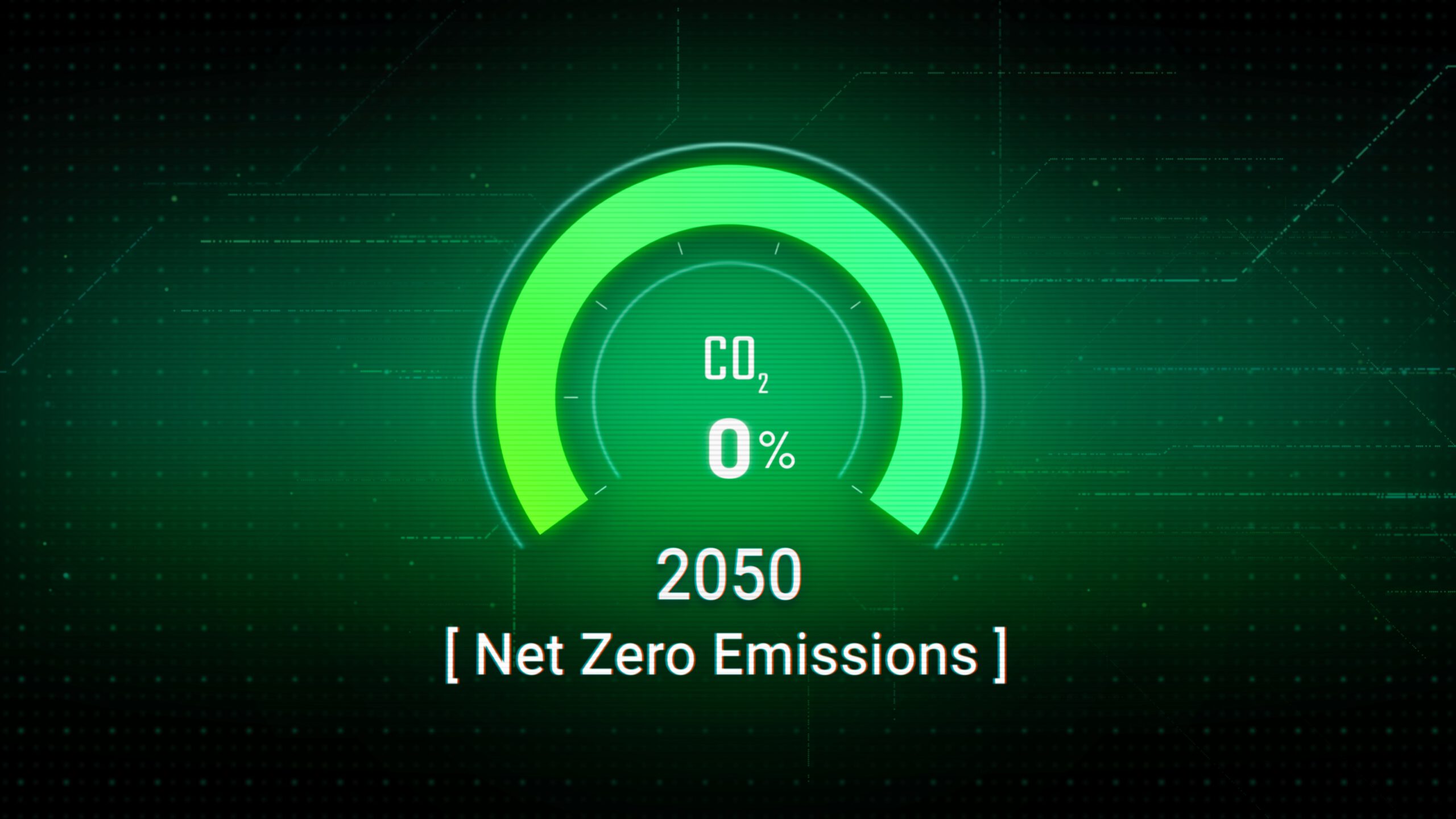Are you finding it hard to keep up with sustainability trends that are geared toward empowering your business? We are here to help and make the changes needed to ensure your organization’s sustainability.
There has been considerable consolidation in the dairy industry, for example, at production level over the last 20 years – and large farms account for 80% of South Africa’s total milk production. Rising production costs, imports, less producers, drought, changing consumer preferences, regulation and competition from international companies have created challenges, especially for small producers. While the number of milk producers has continued to decline, milk production has increased, indicating fewer commercial farms with larger herds. Large farms producing more than 5 000 liters per day supply 80% of South Africa’s total milk production.
Changes in Consumption
Reports of a dairy farmer losing 12 000 liters of milk after it turned sour due to load-shedding, just illustrated how volatile the South African energy landscape has become for the agricultural sector.
Considering it takes It takes between 1.8 liters and 2 liters of water to produce less than 500 ml of milk.
Milk is composed of 87% water, and a lack of adequate water intake will lead to reduced milk production. Dairy cows depend on saliva and other fluids to aid in the digestion of their feed.
Some consumers are shifting to dairy products with low levels of lactose and sugar due to rising health concerns, and there is increasing demand for plant-based products. Consumers are driving innovation in dairy products such as protein and extended shelf-life beverages, gut-health innovation using probiotics and fermented dairy drinks and new flavors and texture-enhanced products.
Rising production costs, imports, contraction in producer numbers, increasingly scarce natural resources due to climate change, changing consumer dietary preferences, increased regulation, and competition from international companies have caused challenges, especially for small producers.
South African dairy manufacturers have successfully commissioned water technology which is saving thousands of cubic meters of water every day.
Planning Ahead with MEB Energy
“Addressing the urgent challenge of climate change requires a unified and coordinated effort from organizations across all sectors.”
MEB’s approach goes beyond the infrastructure sector, extending our solutions to other sub-sectors and supporting the alignment of sustainable finance with eco-friendly infrastructure.
By integrating corporate sustainable building and production measures, a comprehensive and integrated solution can be offered, empowering stakeholders to effectively communicate and align their sustainability goals. This approach facilitates informed decision-making, measures progress, and enables meaningful comparisons.
MEB has been at the forefront of incorporating embodied benchmarks, demonstrating our commitment to sustainability in the building sector. Beyond focusing on reducing energy and water poverty, MEB addresses a broad spectrum of sustainability concerns, making it a valuable partner for showcasing compliance with other frameworks like the United Nations Sustainable Development Goals. Ultimately, this also serves as evidence of achieving Environmental, Social, and Governance (ESG) objectives.
For over a decade, MEB Energy has been instrumental in achieving significant reductions in carbon emissions at every stage of the project lifecycle.

